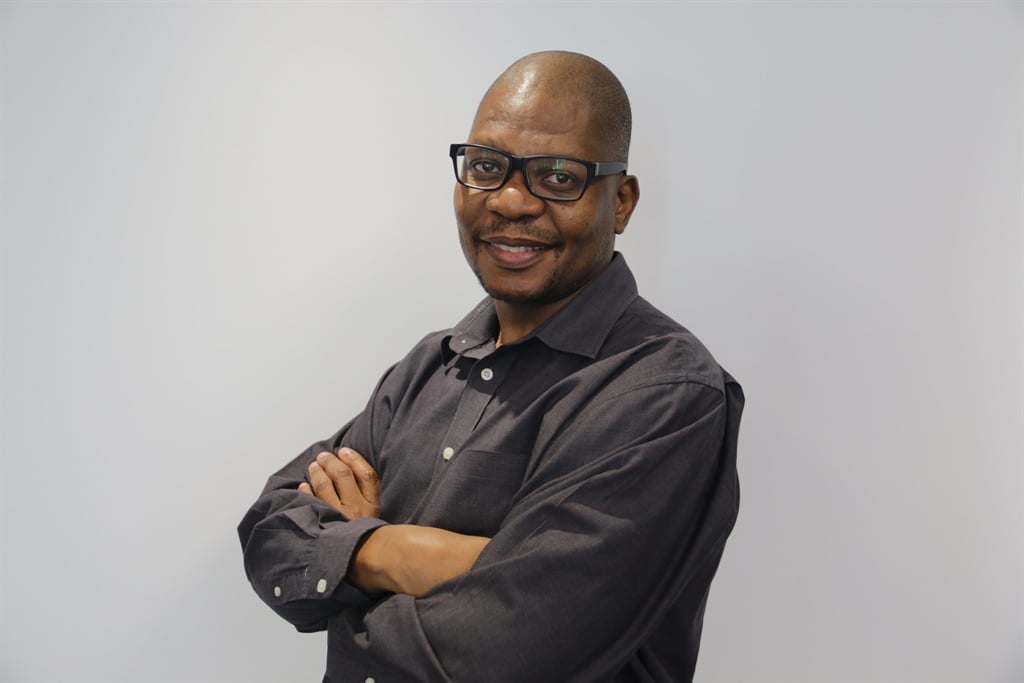
In the mid-1990s, a charlatan emerged in Johannesburg’s coloured townships to present himself as the Messiah of “his” people. That man, who went by the name Basil Douglas, established the South Western Joint Civics Association, whose stated mission was to take up housing and service delivery issues affecting coloured communities.
Douglas’ racism was very thinly veiled and he preached – without foundation – to coloureds that they were getting a raw deal in the new democratic order. The demagogue ranted and raved like one of those happy-clapper evangelists who prey on the desperate. He whipped up people’s emotions and the townships erupted in violence. Then we began to hear the phrase that “during apartheid, we were not white enough and now we are not black enough”.
A slave of hyperbole like all charlatans, Douglas told the Mail & Guardian that then president Nelson Mandela was guilty of the “economic ethnic cleansing’’ of coloured people.
He insisted that coloureds should be proud of being Coloured with a capital C.
“We are the original people of this country, but the whites took away our land, our language and made slaves of us. Now this new government comes in and wants to call us black. We don’t want it, so they describe us as so-called coloureds. It’s ugly and insulting. A slander,” he said.
The seeds that Douglas and his crew of malcontents sowed back then have grown into trees. Whenever protests erupt in Gauteng’s coloured townships, race becomes central. If communities are experiencing the service delivery problems that afflict all poor communities, racial discrimination is blamed. Housing backlogs are attributed to the neglect of coloured people.
More recently, crime and gangsterism in communities has been blamed on the “racist” ANC government, which does not care about the lives of coloured people. Ditto the drugs crisis, which is a cause and effect relationship with gangsterism.
This feeling of alienation is not unique to Gauteng. In the Western Cape, it is so acute that it manifests itself in blatant racism and a bizarre longing for the apartheid years. The difference, though, is that, in Gauteng, the communities were historically very closely aligned. The people of Westbury and Noordgesig drank in Soweto and vice versa. Conjugal pleasures were enjoyed without hesitation by the people of Hammanskraal and Eersterust. The criminal elements of Reiger Park and Thokoza robbed banks and hijacked cars together.
This is not to say things were perfect. There were differences, yes, as often happens when people don’t look the same. There were resentments that were encouraged by the apartheid system and the governments that ran it. But there was an active plan that encouraged the oppressed to stand together. The liberation movements and civic associations – which tried to blur the lines between Africans, coloureds and Indians – were the laboratories of a nonracial democratic order.
Then came freedom and the unity was undone. Things have gone from bad to worse as the democratic years have passed. Instead of building on the nonracial project of the pre-democracy era, the formerly oppressed treat each other with suspicion and derision. Some argue that, in some parts of the country, the acrimony is worse than the black-white race problem. This is fertile ground for the likes of Douglas, who preached the gospel of hatred and exploited genuine grievances.
The ANC, which once upon a time had good brains in abundance, is now more interested in engaging in factionalism and corruption orgies. The National Question, as the once-thinking ANC referred to the building of cohesion, is on the back burner.
When the ANC still valued thought, Pallo Jordan, one of its leading intellectuals, encouraged an active drive to rout out the long-term effects of a system founded on racist ideology.
“If we accept that the racialisation of South African politics was rooted in specific historical and material conditions, there is no reason radical transformation of those conditions cannot result in an end to racism and provide a solution to the National Question. This will probably require the ANC to pursue de-racialisation with the same determination and tenacity as the racists pursued racism and division,” Jordan wrote in a 1997 paper titled The National Question in Post 1994 South Africa.
He wrote that, while those who preferred to “place some value” in being identified by their ethnic identity could not be prevented from doing so, a determined effort to “positively reinforce all efforts at de-racialisation” should be “a matter of conscious policy”.
He said this effort required South Africans “to reject the insistence of ethicists and racists that ethnic origin or race defines an individual’s identity or should take precedence over everything else in defining it”.
The racial heat in Gauteng’s coloured townships and the increased usage of the word “they” when people refer to members of other races shows that the nation-building project is in serious trouble. The ANC, the original party of nonracialism, is missing in action in the de-racialisation project. The DA is as confused about its identity as a Buddhist in an abattoir. The Economic Freedom Fighters does not have national cohesion as a major priority.
In the absence of a national leadership on this subject, the field is fertile for racial entrepreneurs to sow seeds of discord. We must treat the National Question with greater urgency.
| |||||||||||||
| |||||||||||||




 Publications
Publications
 Partners
Partners








